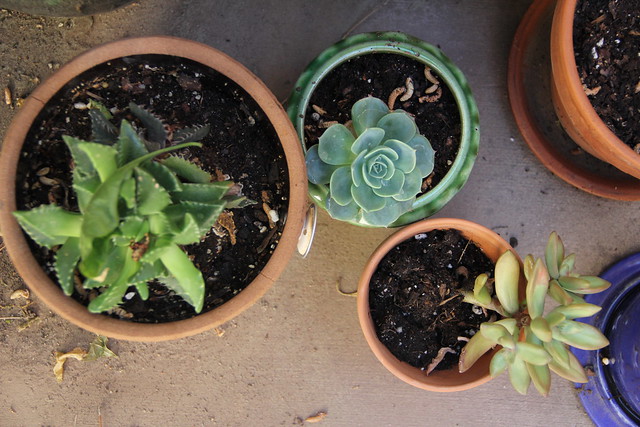Lately, I’ve been spending time with the homeless, and those on the edge of homelessness. I’ve also been spending a lot of time at public forums and community events discussing substance use services available in our community.
None of this is terribly interesting. However, this week, while standing outside eating hot dogs and drinking black coffee with a group of homeless people at a health fair, I saw the situation differently. There were likely 100 volunteers at this event. Many of us work in health care in one form or another. There was also a large group of LDS missionaries, volunteers from the evangelical church where the event took place, and retirees.
Those who came to the event for help, including several large African refugee families, were paired with a volunteer. They walked with their volunteer through the varying stations to seek the services they needed. There was HIV testing, a shower station, a clothing room, a barber and even a veterinary station for those with pets. The largest lines were at the Social Security and Motor Vehicle lines to replace lost identification cards.
For hours, I watched volunteers and their paired family or homeless individual meander through the maze of services. The volunteer would start with a map, and several hours later would often walk by holding a huge bag of clothing and fistful of papers. One of the African women, with a roly poly infant tied to her back, elegantly wrapped her family’s bundle in a brightly patterned west African wax fabric that matched her long skirt and placed it on the crown of her head. She couldn’t have been five feet tall, but she cut quite the presence walking through the event.
There is a space between the homeless and the volunteer. In that space—or trench—rests the ashes of days past. For many of the homeless folks we spoke to, this included mental illness and substance use. What I would have guess also rested there nested among their current health struggles was a childhood plagued with unkindness. Physical and sexual abuse. Divorce. Poverty and the corresponding hunger that can prevent a child from ever being able to catch up developmentally with his or her peers.
Painting with a broad brush, on one side of this conversation stood a volunteer who likely had enough education and privilege, his job allowed him to take the day to be at the event, or enough paid time off to do so. On the other side, stood a man whose dentures and wallet were stolen. He wore new-to-him clothing, and was freshly showered after his haircut. The man, whose face was creased with the heavy wrinkles of a person who lives outside, tried explaining to his volunteer and to us how difficult it is to maneuver the Medicaid system in Arizona for dental benefits, and how difficult it is to live without teeth. He keeps choking when trying to eat.
We were able to get him a replacement ID card for his health services, but he didn’t qualify for the small dental service we could offer him. Frustrated, but grateful for our efforts, he scrunched his brow and went to the next station. His volunteer just nodded to us and followed behind.
We spend all of our time and efforts as a culture and nation pulling at weeds that won’t stop growing, rather than thinking about how to plant new seed.
If we want to make significant positive change in substance use, homeless, domestic violence, poverty, etc., we have to take better care of our kids. We have to reform the foster care system so no child is ever abused once already suffering the loss (temporary or permanent) from his/her birth parents. We have to spend more time feeding hungry people and loving those who need our compassion, not our judgment.

